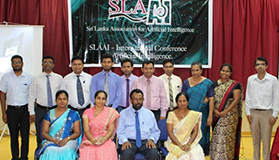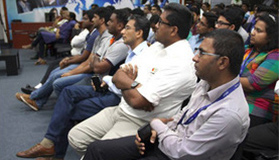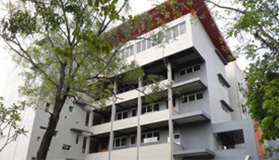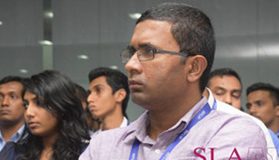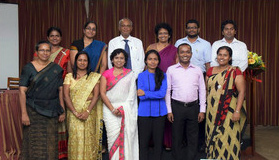Schedule of the Workshop Series
08.30 AM - 08.45 AM - Introduction to the SLAAI and Conference
08.45 AM - 08.50 AM - Introduction to the Workshop
08.50 AM - 09.00 AM - Welcome Speech
Session 01 - Chair: Dr(Mrs) DDM Ranasinghe
09.00 AM - 09.55 AM - Applied ML (Resource Person: Dr Kalana
Withanage, Staff Software Engineer at Lockheed Martin)
This workshop on Applied ML is designed to provide participants with practical knowledge and hands-on experience in applying machine learning techniques to real-world problems. Through a combination of theoretical concepts and practical exercises, attendees will learn how to analyze datasets, select appropriate ML algorithms, train and evaluate models, and make predictions or classifications. The workshop will also cover topics such as feature engineering, model validation, and performance optimization, enabling participants to effectively apply ML in various domains.
10.00 AM - 10.55 AM - ML Engineering (ML Ops) (Resource Person: Mr.
Dumira Athukorala,Manager, Data Scientist at Commercial Bank of
Ceylon PLC)
The ML Engineering (MLOps) workshop focuses on the essential practices and tools needed to effectively deploy, monitor, and maintain machine learning models in production. Participants will learn about the entire ML lifecycle, from data collection and preprocessing to model training and deployment. The workshop will cover topics such as versioning, reproducibility, model monitoring, and automated pipelines. By the end of the workshop, attendees will have a solid understanding of how to bridge the gap between data science and software engineering to build scalable and reliable ML systems.
10.55 AM - 11.30 AM - Tea Break
Session 02 - Chair: Dr(Mrs) M Wagaarachchi
11.30 AM - 12.25 PM - ML in Cloud Computing (Resource Person: Eng.
Dinesh Asanka,Senior Lecturer,University of Kelaniya)
In this workshop, participants will explore the intersection of machine learning and cloud computing. They will gain insights into the benefits of leveraging cloud platforms for ML tasks, such as scalability, flexibility, and cost-effectiveness. The workshop will cover topics such as cloud-based data storage, distributed computing, and ML services offered by major cloud providers. Participants will also learn how to train and deploy ML models on the cloud, enabling them to harness the power of cloud computing to solve complex ML problems.
12.30 PM - 13.25 PM - Deep Learning (Eng. Tharindu Adhikari,Data
Scientist at CBC Tech Solutions)
The Deep Learning workshop dives into the exciting field of neural networks and deep learning algorithms. Participants will gain a comprehensive understanding of deep learning architectures, including convolutional neural networks (CNNs), recurrent neural networks (RNNs), and generative adversarial networks (GANs). Through hands-on exercises, attendees will learn how to build and train deep learning models using popular frameworks like TensorFlow and PyTorch. The workshop will also cover advanced topics such as transfer learning, model interpretation, and cutting-edge applications of deep learning.
13.25 PM - 14.30 PM - Lunch Break
Session 03 - Chair: Dr B Hettige
14.30 PM - 15.25 PM - ML Frameworks - TensorFlow (Resource Person:
Mr. Amila Viraj, Manager, Data Scientist at Commercial Bank of
Ceylon PLC)
This workshop focuses specifically on TensorFlow, one of the most widely used machine learning frameworks. Participants will be introduced to the fundamental concepts of TensorFlow, including tensors, computational graphs, and the TensorFlow API. They will learn how to build and train ML models using TensorFlow's high-level APIs, such as Keras. The workshop will cover topics such as data preprocessing, model customization, and optimization techniques. By the end of the workshop, participants will have a solid foundation in using TensorFlow to develop powerful and scalable ML applications.
15.30 PM - 16.25 PM - Large Language Models - BERT, Bard (Resource
Person: Dr. Chrisantha Fernando, Staff Research Scientist at Google
DeepMind)
In this workshop, participants will explore large language models, with a focus on two popular models: BERT (Bidirectional Encoder Representations from Transformers) and GPT (Generative Pre-trained Transformer). The workshop will cover the architecture and underlying principles of these models, as well as their applications in natural language processing tasks such as text classification, sentiment analysis, and language generation. Participants will gain hands-on experience in fine-tuning and using pre-trained BERT and GPT models for various NLP tasks, and they will also learn about recent advancements and challenges in the field of large language models.
16.25 PM - 16.35 PM - Vote of Thank
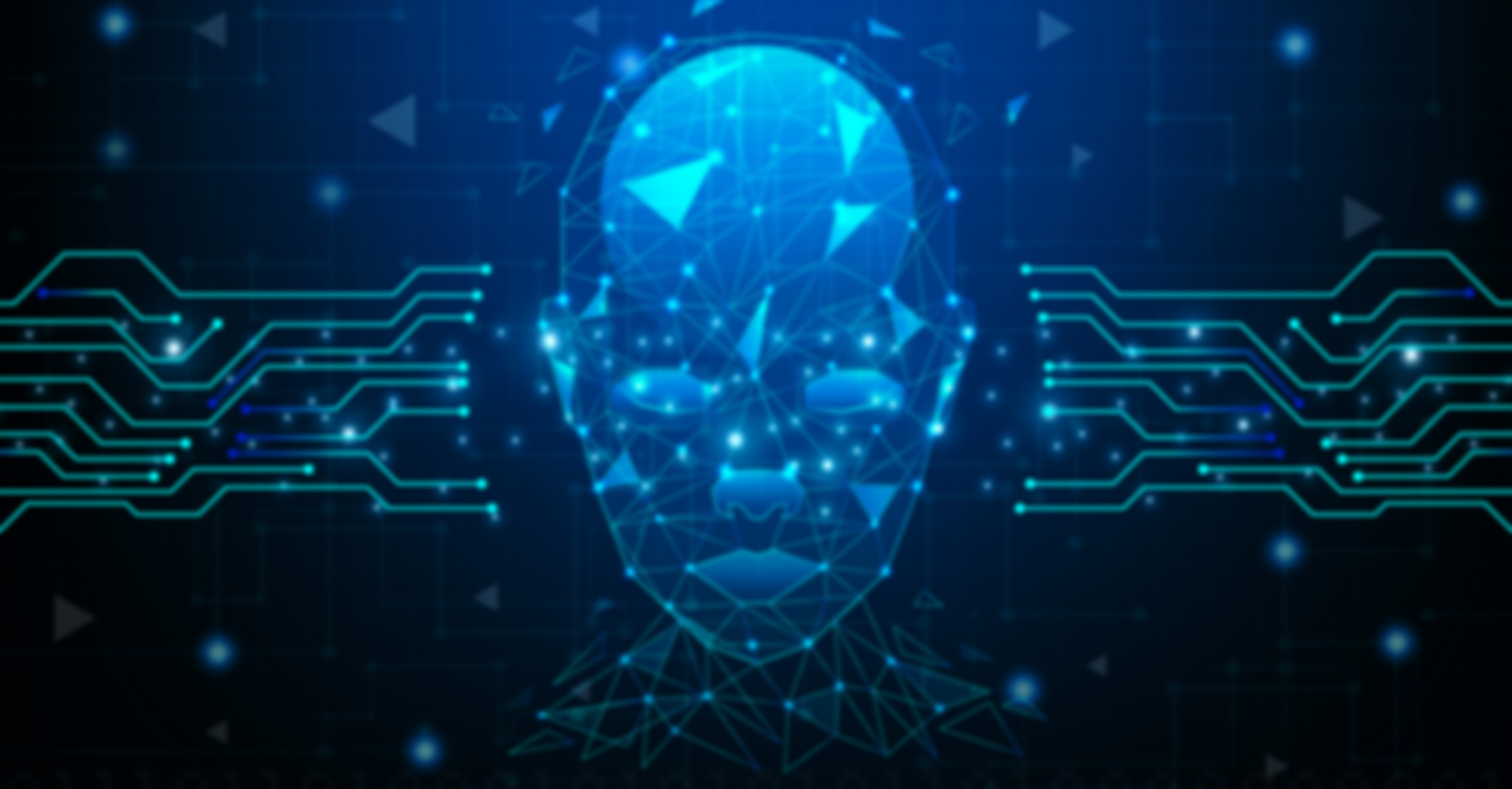
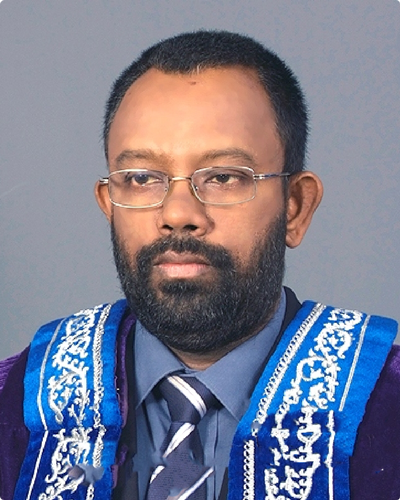
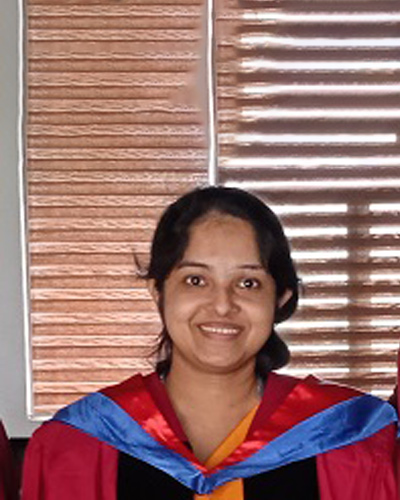
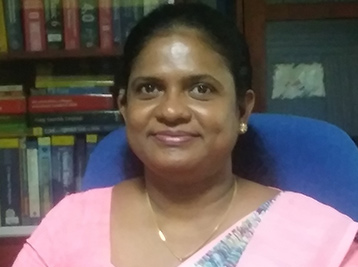
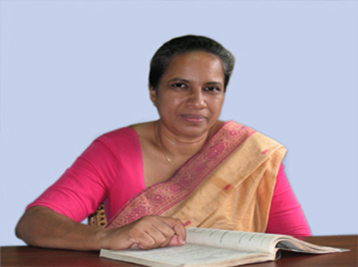
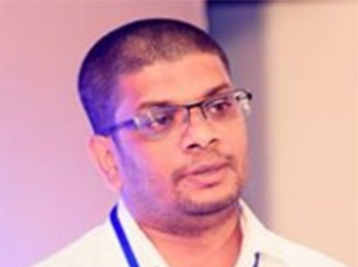
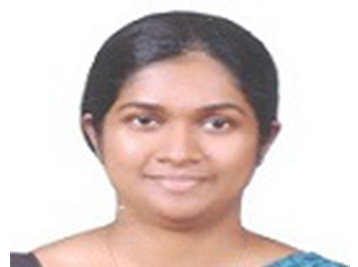
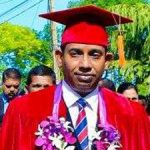
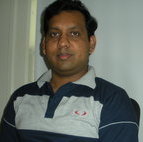
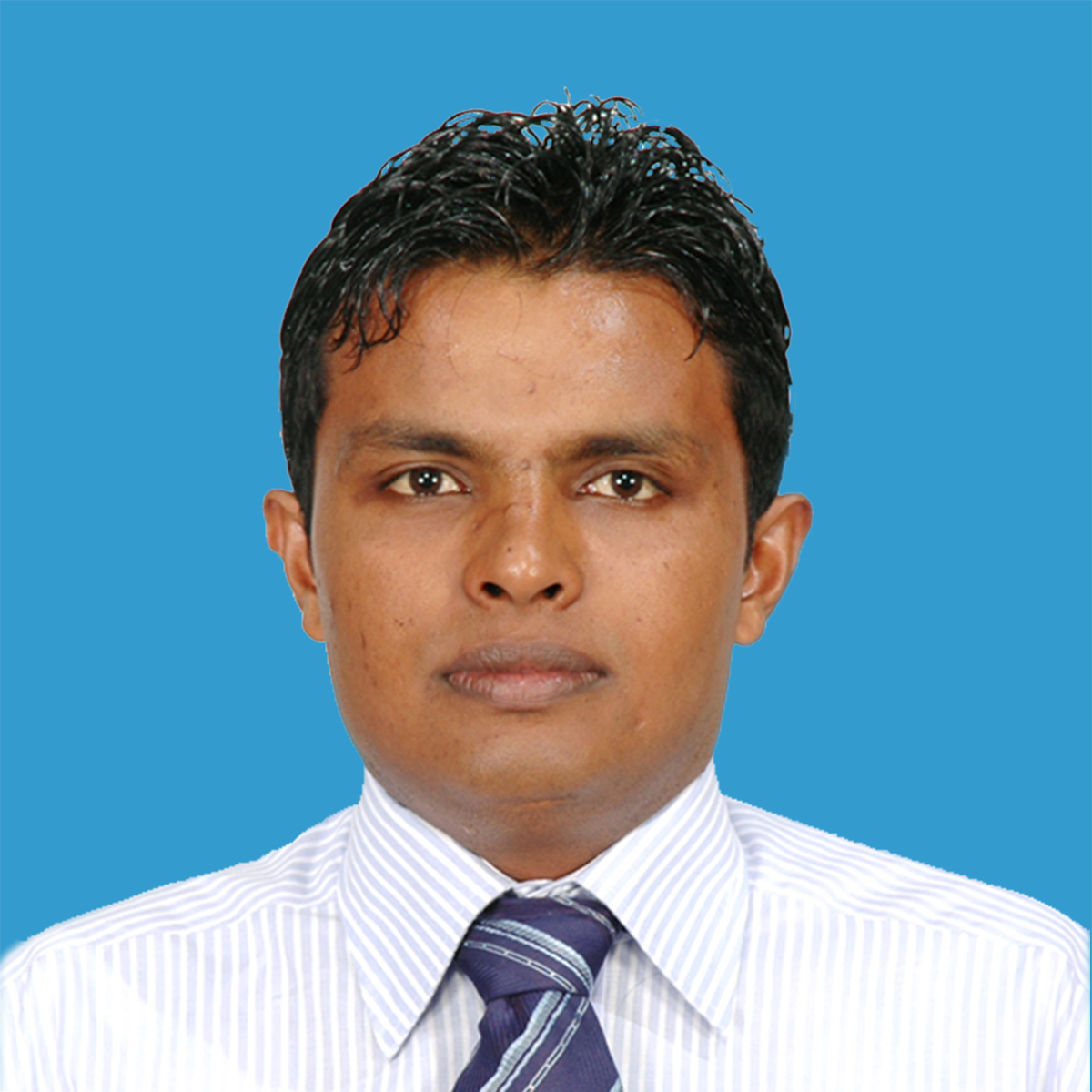

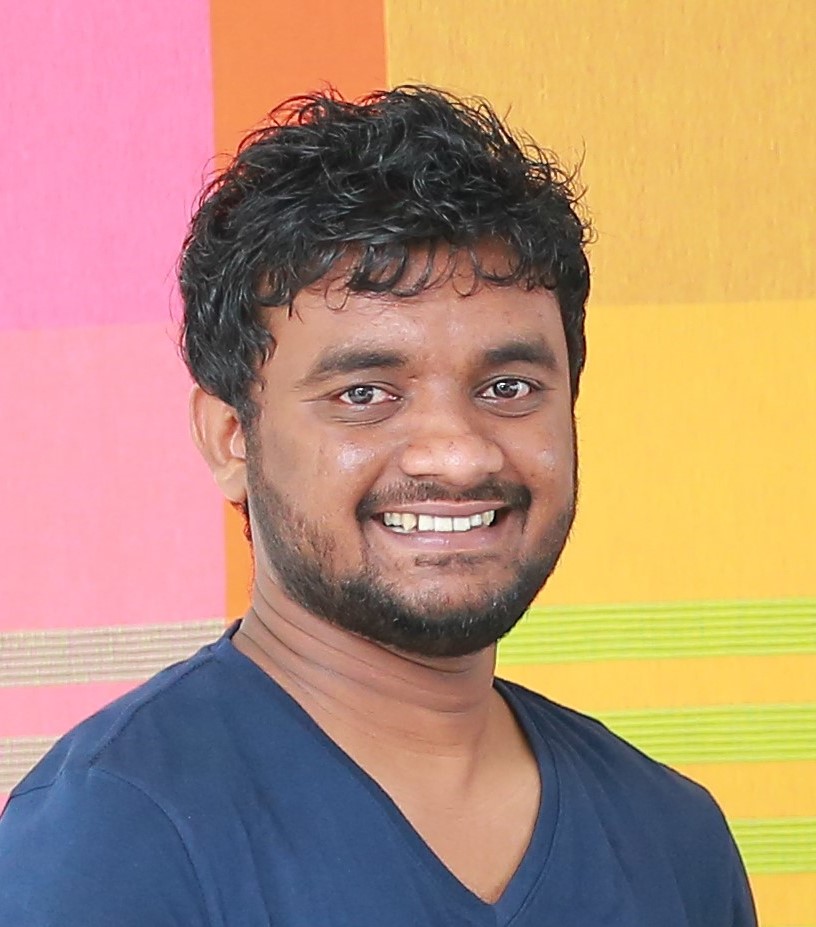
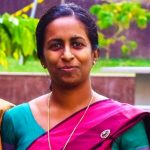
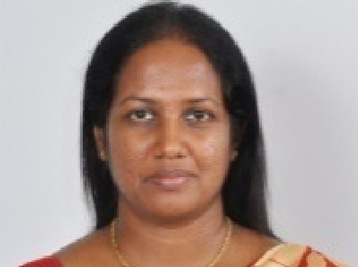
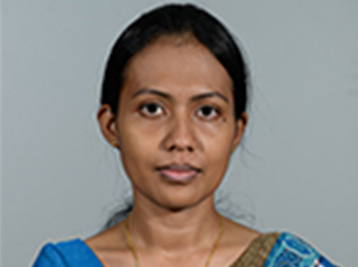
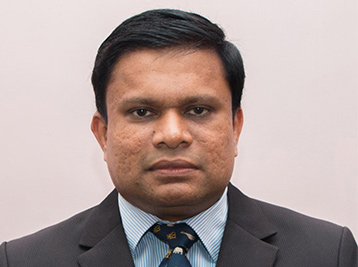
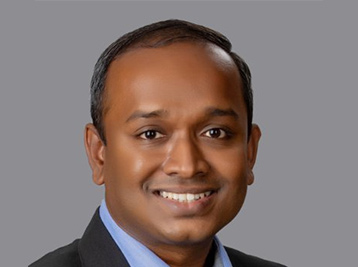
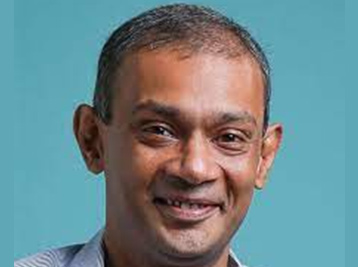
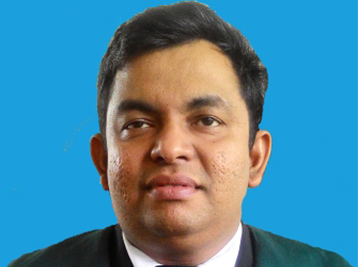
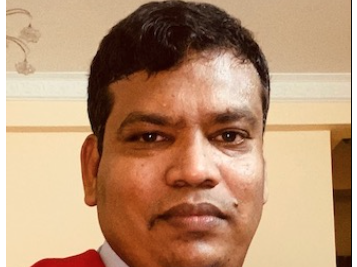
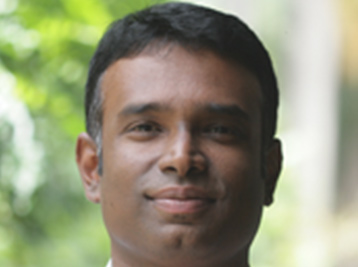
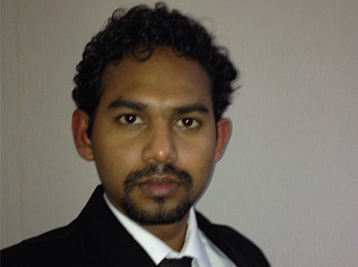
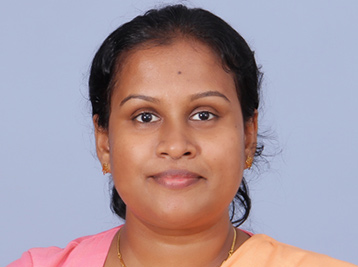
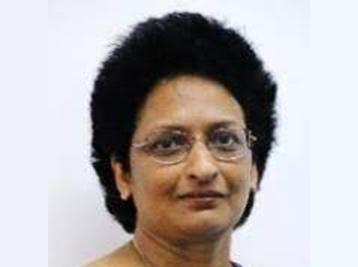
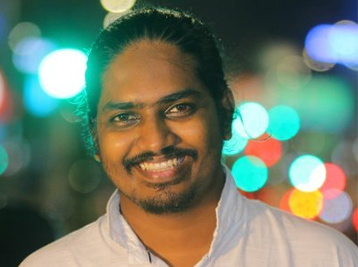
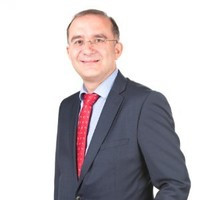
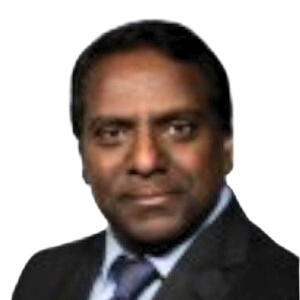






-1.jpg)
